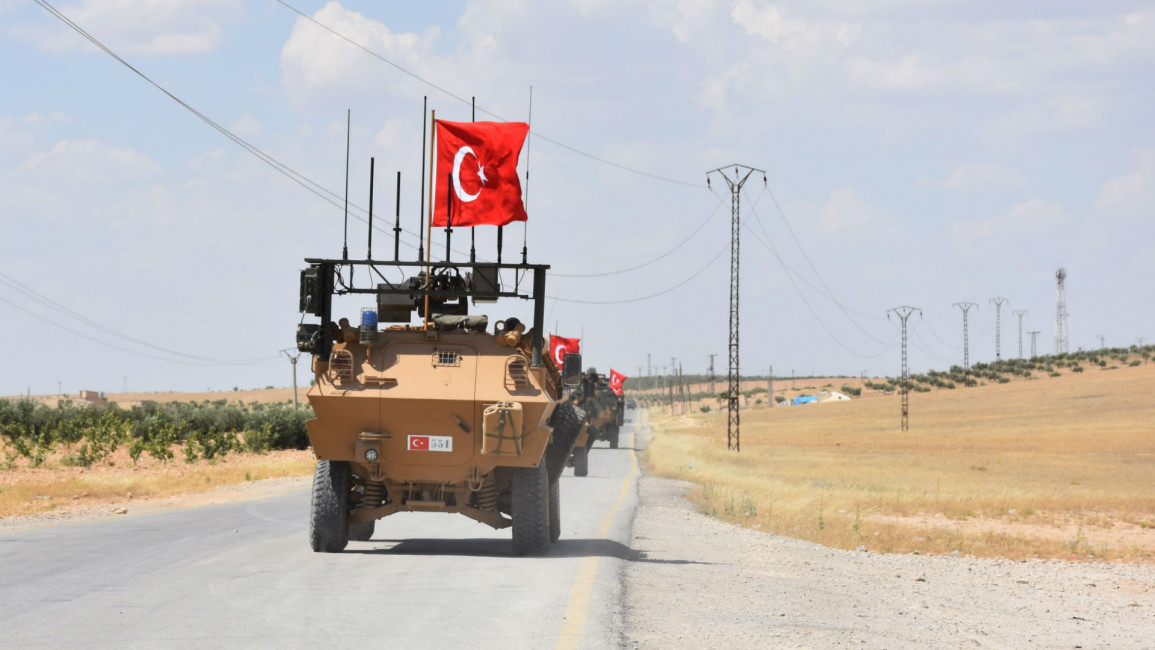Turkey sees 'positive' signals from US on northern Syria
Turkey's leader said Monday he received "positive answers" from President Donald Trump on the situation in northeastern Syria, where Turkey has threatened to launch a new operation against American-backed Syrian Kurdish fighters.
Turkey has vowed to launch a new offensive against the People's Protection Units, or YPG, which is the main component of a US-allied force that drove Islamic State militants out of much of eastern Syria. US troops are based in the area, in part to reduce tensions.
Turkey views the YPG as a terrorist group because of its links to the Kurdish insurgency within its territory. Ankara views Washington's support as empowering of the Kurdish militia, which is seeking an autonomous region in northern Syria.
President Recep Tayyip Erdogan did not elaborate on his conversation with Trump. The two leaders spoke by phone Friday.
Erdogan said Turkey is waiting for the US to keep its promises but could launch a new offensive "anytime." He said the Turkish army has completed preparations and planning.
The two countries reached an agreement last summer over the town of Manbij, whereby the Kurdish militia would leave and Turkish and American troops jointly patrol the area. Turkey says the US has stalled on implementing the agreement.
"I call on those openly sponsoring terrorists in the region: You're doing wrong, give it up," Erdogan said.
"Those who strung us along for years in Manbij and who have now made us certain promises regarding east of the Euphrates must deliver on those promises," he said.
The Syrian government, like Turkey, is opposed to Kurdish aspirations of setting up an autonomous region. Syrian Foreign Minister Walid al-Moallem said the government was willing to negotiate with the Kurds but won't accept calls for a federal or autonomous region.
"There is no alternative to returning to the nation, which has its arms open to all. The state's decision is restoring sovereignty to every inch of territory," he told a group of university students in Damascus on Monday.
Kurdish forces control around 30 percent of Syria's territory, mostly in the oil-rich eastern region.
Al-Moallem also said Turkey and Western countries are to blame for the delay in forming a committee to draft a constitution, which the UN and the US see as key to ending the seven-year civil war. The 50-member committee is intended to represent the government, the opposition and civil society.
Syria's government says it will only accept amendments to the constitution despite an agreement at the start of the year which called for a new draft.



